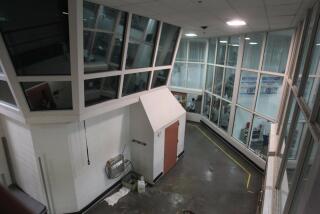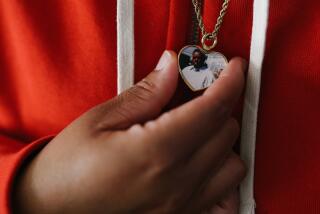San Diego detainee is first in ICE custody to die of COVID-19
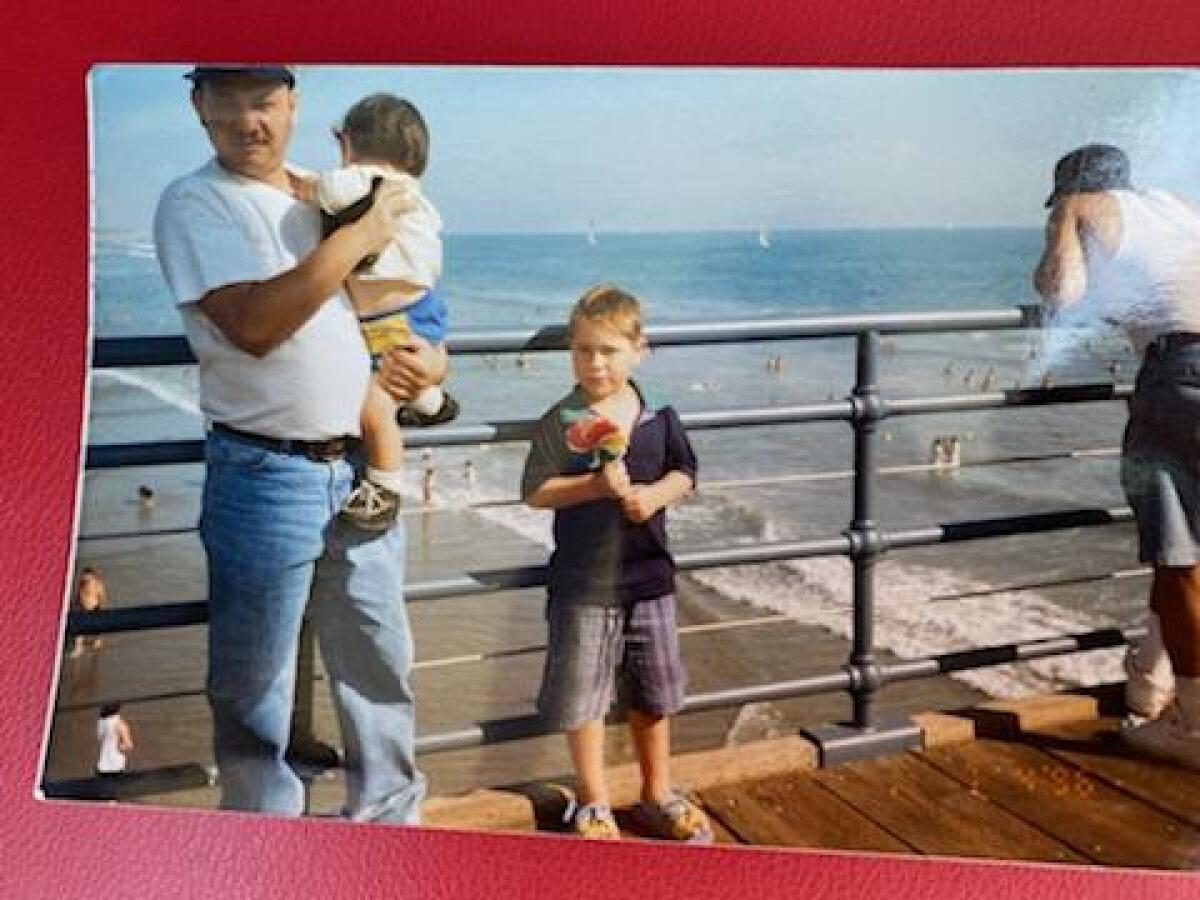
SAN DIEGO — Hospitalized and on a ventilator for a little over a week, a detainee from Otay Mesa Detention Center on Wednesday became the first in immigration custody nationwide to die of COVID-19.
Carlos Ernesto Escobar Mejia died around 2:15 a.m., according to his sister, Maribel Escobar. Her brother would have been 58 this month, Escobar said.
She remembered her brother as very kind and helpful, in particular doing everything he could to support their sister Rosa, with whom he lived in the Los Angeles area.
“My brother was a one-of-a-kind person,” Maribel Escobar said.
He was a good person and a good brother, Rosa Escobar said. She felt like a second mother to him, especially after their mother died a few years ago.
“Why is there so much injustice in this world?” Rosa said tearfully in Spanish, in an interview in the days before her brother’s death.
Rosa and her brother, the youngest of five siblings, came from El Salvador with their mother in 1980, during the country’s civil war, to join Maribel, who was already in the United States. Rosa said she’d lived with her brother ever since.
Carlos Ernesto Escobar Mejia was the only one in the family who hadn’t been able to get a green card. Both sisters are now U.S. citizens.
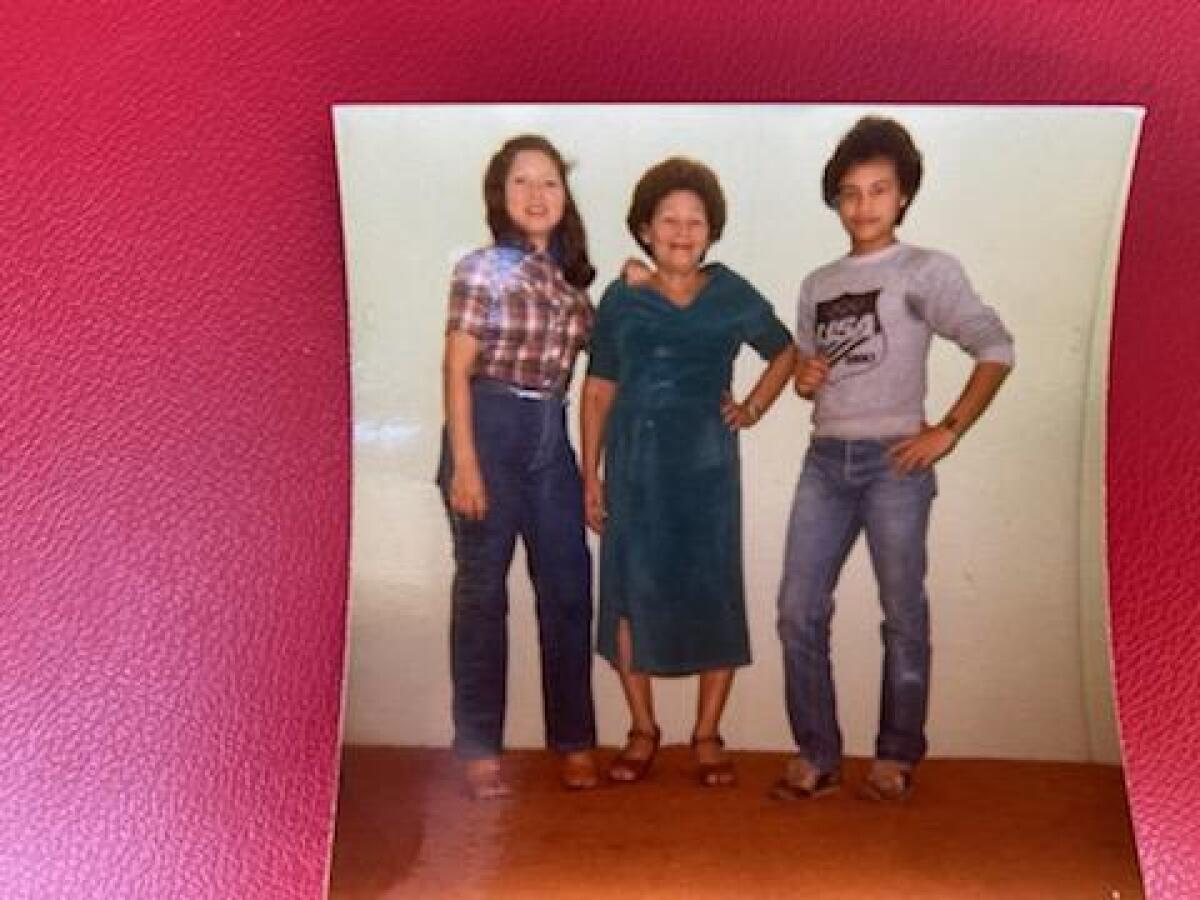
Escobar Mejia had been at Otay Mesa Detention Center since January. That facility has become the leading hot spot for the coronavirus among immigration detention centers nationwide.
As of Tuesday afternoon, 202 people in custody there had tested positive — 136 Immigration and Customs Enforcement detainees and 66 U.S. Marshals Service inmates — according to facility records obtained by the San Diego Union-Tribune.
Detainees have complained that the facility was not adequately protecting them from the coronavirus. Erik Mercado said he met Escobar Mejia in segregated housing — also known as solitary confinement — when Escobar Mejia was brought in for participating in a hunger strike over the facility’s conditions.
“It was all about his sister,” Mercado said in an interview. “He wanted to get home and help her out.”
ICE and CoreCivic, the private company that runs the detention center, didn’t immediately respond to a request for comment.
In a lawsuit recently filed by the American Civil Liberties Union, a federal judge ordered ICE to review cases of detainees who are medically vulnerable to the coronavirus and to release as many as possible. Escobar Mejia was on ICE’s list, but he was already in the hospital.
An attorney representing ICE told the judge Monday that Escobar Mejia was in serious condition and suggested praying for him.
Before being detained, Escobar Mejia had diabetes and had already had several operations that left him without his right foot because of complications from that condition.
When he died, he had been in the hospital for a little over a week and had been on a ventilator, his sisters said. He received a blood transfusion Tuesday, but his body had already been too weakened by the virus.
Just weeks before, on April 15, he had a bond hearing in front of Judge Lee O’Connor, Rosa said, but O’Connor didn’t let him out.
Rosa said it was because the judge was waiting for more information about a domestic violence charge on his record that had been a case of mistaken identity. In that criminal case, the judge dismissed the charge when he realized that police had arrested the wrong person, Rosa said. Escobar Mejia’s former attorney, Joan Del Valle, confirmed from her records that he had been acquitted.
“All of this anguish because of the judge,” Rosa said, “because on April 15, my brother was still well.”
Maribel Escobar tried to mail a letter to O’Connor last week to express her frustration at his decision.
“I want you to know that it was on your hands to save his life,” Maribel wrote.
The letter, which had been addressed to the detention center, was returned to her Wednesday. She’s going to try sending it again.
A spokeswoman for the Executive Office for Immigration Review, which employs immigration judges, did not immediately respond to a request for comment.
Rosa is also frustrated with the attorney she hired to help her brother once he was at Otay Mesa.
Del Valle is based in Los Angeles. She had represented Escobar Mejia since 2012 but couldn’t commute to south San Diego to keep helping him with his case for free, Del Valle said, so she advised Rosa to find someone local for the case.
That attorney wouldn’t take her calls, Rosa said, when she was trying to help her brother get out of the facility as his sponsor.
When she found out her brother was hospitalized, it was through Del Valle, whom ICE called when its officer couldn’t get in touch with the new attorney.
The San Diego attorney did not respond to attempts by the Union-Tribune to contact him.
Her brother wasn’t perfect, Maribel said. When he was younger, he got in trouble from drinking, she said. Because of that, he hadn’t been able to get his green card.
Del Valle confirmed that Escobar Mejia had a couple of convictions that were about three decades old, including a DUI. He had an arrest for possession of a controlled substance in 2012, which was later expunged, she said.
The attorney said that when she took his case, she made him promise to stay out of trouble, and he did.
He realized that he had been hanging out with the “wrong crowd,” Del Valle said. She thinks his family motivated him to live a positive life.
“He adored his mom when she was alive, and his sister. He lived for them,” Del Valle said. “That was the center of his life.”
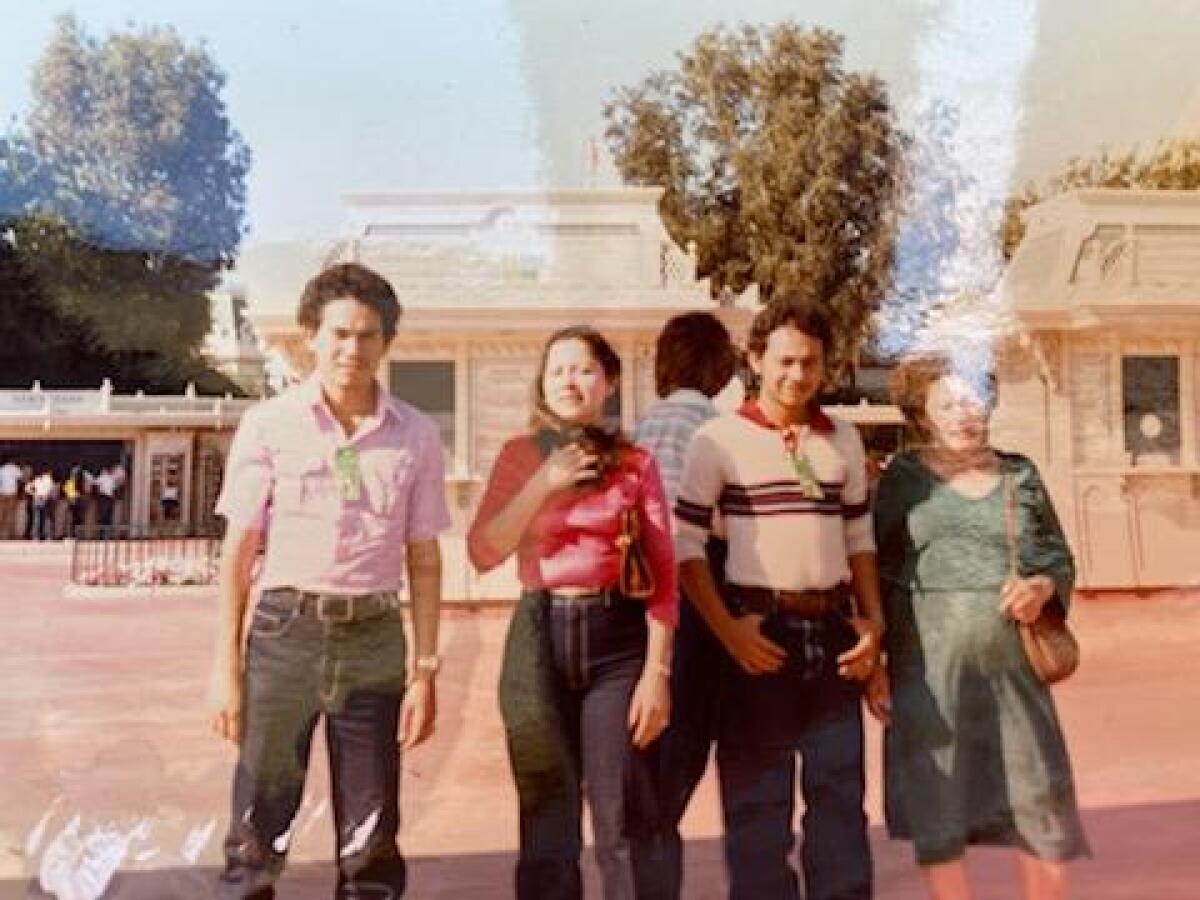
Del Valle got him released from an immigration detention facility near Los Angeles when she took his case in 2012. Because of a judge retiring and other administrative lags, his trial was supposed to happen in October 2020, she said.
Then, in January, Escobar Mejia was arrested by immigration officers while he was in a car with a friend. Because of his foot operation, he couldn’t drive, so a friend was driving his car. The two were in Chula Vista when they were stopped, according to his sisters. Further details about the detention weren’t available.
Both ended up at Otay Mesa, but the driver was later released on bond, the sisters said. Their brother was not.
“If that hadn’t happened, my brother would be here with me,” Rosa said, her voice full of grief.
More to Read
Sign up for Essential California
The most important California stories and recommendations in your inbox every morning.
You may occasionally receive promotional content from the Los Angeles Times.

